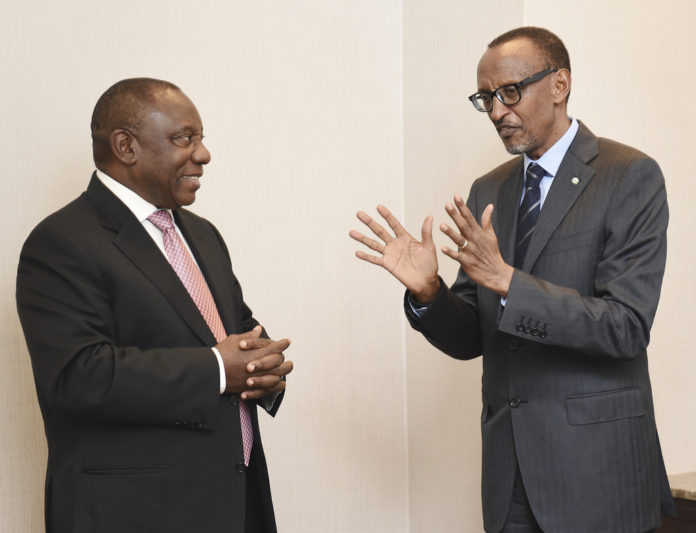CAPE TOWN — Fulgence Kayishema, suspected of genocide sought by the International Residual Mechanism for Criminal Tribunals (MICT) for his alleged involvement in the 1994 Rwanda genocide, has announced his intention to apply for asylum in South Africa. Kayishema, who has been residing in South Africa for the past two decades, made this decision amid fears for his life if he were to be extradited.
Kayishema’s lawyer, Juan Smuts, confirmed the asylum application, stating, “My instructions are to apply for asylum in the Republic of South Africa, which will indeed be attended to before close of play today.” The application is expected to delay his trial and suspend any extradition proceedings that may have been planned, as there have been no formal extradition requests made thus far.
The 62-year-old suspect was arrested last month in the town of Paarl in South Africa’s Cape Winelands region, where he faces 54 fraud and immigration-related charges. However, during a court hearing in Cape Town, state advocate Nathan Adriaanse revealed that new evidence has emerged, leading to the possibility of additional charges being filed against Kayishema.
The MICT, which took over the work of the International Criminal Tribunal for Rwanda (ICTR) in 2015, continues to pursue the remaining suspects. The United States had offered a reward of up to $5 million for information leading to Kayishema’s arrest, transfer, or conviction.
Meanwhile, Rwanda has been actively trying genocide suspects since 1996, with a notable instance in 1998 when 22 individuals were executed by firing squad in a single day. The country abolished the death penalty in 2007, enabling the ICTR to extradite genocide suspects for trial. In an attempt to address the overwhelming number of cases, Rwanda established community-based courts between 2005 and 2012, resulting in the conviction of a significant portion of those accused. However, concerns have been raised regarding the fairness of these trials, as defendants often lacked access to qualified lawyers.
Kayishema is scheduled to appear in court again on August 18 for further investigation, as stated by the National Prosecution Authority (NPA). As his asylum application proceeds, the outcome of his case and the possible extradition request remain uncertain.
































































